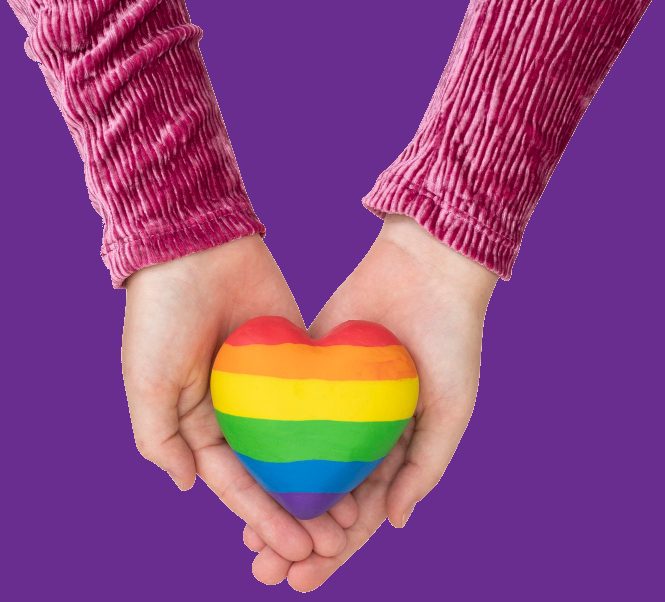February is Teen Dating Violence Awareness Month. Teen dating violence is more common than many may think. In the U.S. 1 in 3 teens will experience physical, sexual or emotional abuse by someone they are in a relationship with before they become adults and nearly half (43%) of college women report experiencing violent and abusive dating behaviors. (1 www.loveisrespect.org) For parents, it can be hard to spot, let alone handle it when it happens to their teen. Here are some of the common challenges parents face in talking and connecting with their teen about what is going on in their personal lives:
1) Focusing on What We Don’t Want. As adults, we have a long-ingrained habit of telling kids what NOT to do and how NOT to behave. That leaves a whole lot open to interpretation. Kids need examples of what we DO want, and they need to figure out how to apply those principles in day to day life. If we think about it as building healthy relationships, we can help kids understand what respect, caring, civility and dignity look, sound and feel like. We can be specific as we model and teach kids how to relate to other people.
2) Trying to Start the Conversation when Kids Start Dating A relationship is a bond or connection between two or more people. Family relationships and early friendships have the potential to lay the groundwork for strong, positive relationships later in life. When little kids see respectful conflict, caring and kindness, support and compromise, and healthy boundaries, it gives them a template for how to behave in relationships they’ll have later in life. Of course, someone who lacks that positive example early in life can still build healthy relationships. But it’s far easier to build something with a strong foundation already in place and a blueprint to follow.
3) Viewing Violence Prevention Education as a Single Focus Dating violence prevention education is, in large part, about developing social-emotional skills. The skills and conditions that prevent dating violence also prevent substance abuse, harassment, child abuse, sexual violence, and other harmful behaviors and experiences. So, while we are talking specifically about dating violence, the skills are highly transferable.
Dating violence can sometimes feel too big to handle, but the solution can start right at home. Trained educators and advocates at Turning Points Network can help you find ways to start the conversation with your teens or help if your teen is experiencing dating violence. For more information visit us at www.turningpointsnetwork.org or call 800-639-3130.
OUR TURN is a public service series by Turning Points Network (TPN) serving all of Sullivan County with offices in Claremont and Newport. We provide wraparound supports for survivors of domestic and sexual violence, stalking and human trafficking and we present violence-prevention education programs in our schools. For more than 40 years, TPN has helped people of all ages move from the darkness of abuse toward the light of respect, healing and hope.
For information contact 1.800.639.3130 or www.turninqpointsnetwork.org or find us on Facebook and Instagram.
TPN Crisis and Support Line: 800-639-3130
Loveisrespect.org: 888-331-9474
National Sexual Assault Hotline: 800-656-4673





